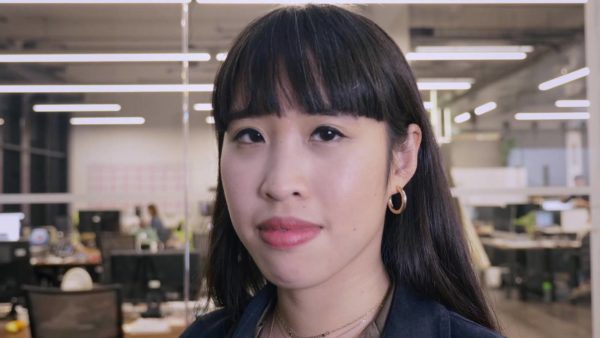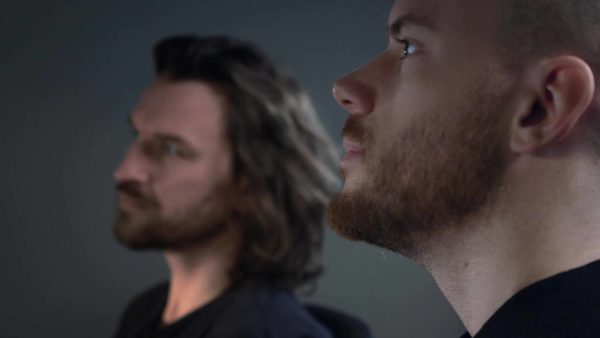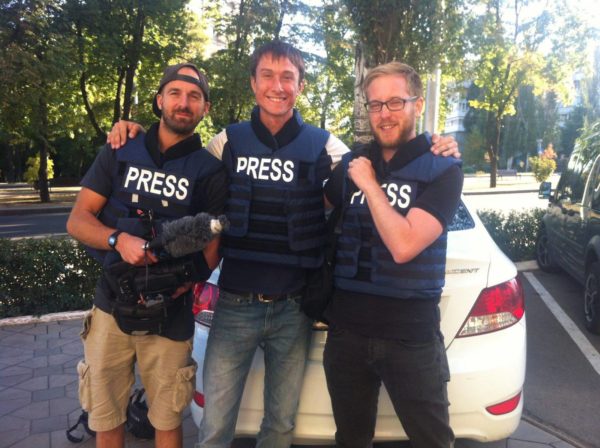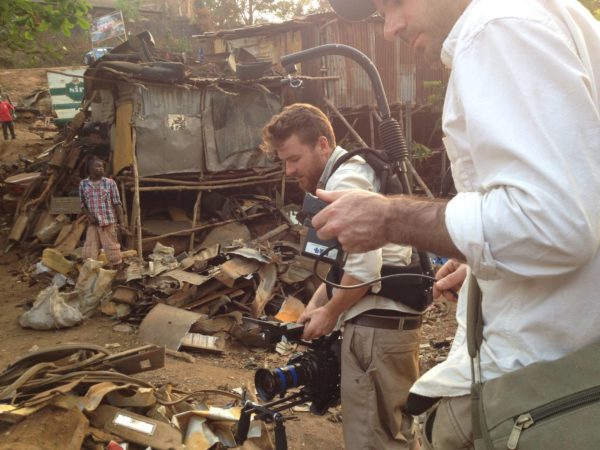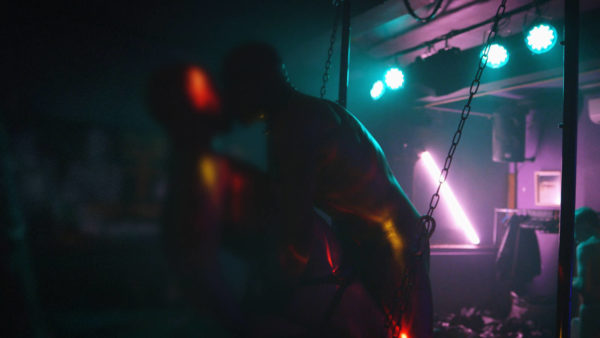Jennifer Byrne, Head of Development at the London-based Production Company, Somesuch
Making the decision to become a filmmaker can be daunting and it is difficult to know where to even start. There is no right or wrong way to go about it and directors come up through many different routes; some go to film school, others start off as camera assistants, producers or writers, while many have no experience at all, they just realise they have a story that must be told and that they are the ones to tell it. Eventually though, all will arrive at the same dilemma: How do you get a script off the page and onto our screens?
The Fundamentals
First of all, it’s worth asking yourself some tough questions. It’s up to you whether you take any notice of the answers you arrive at but either way it’s worth having them ready because these are questions that people will definitely ask you at some point.
As the leader of this project, you need to be the one person on Earth with the strongest, most vivid idea of what your story is and what it could mean to people. Write down the answers to the following questions so that you don’t lose sight of your vision:
Who am I making this film for?
Who do I want to watch it?
Where do I want it to live?
Why do I want to make it?
Why should anyone care?
Once you have a firm handle on what you’re trying to do, it’s vital that you build the right team to pull it off. Teamwork and collaboration are fundamental to making good films and key to raising the money necessary to pay for them. Finding a producer who shares your vision and passion for the project is the most important step. They can work with you creatively to help make the project a reality and budget the film so you know how much you need to raise.
Finding the right team is vital
After that begins the process of approaching partners to help realise the film. This process varies greatly from project to project but there are always a few key tools required when you go into these meetings:
1 – a treatment: This is a clear proposal that outlines the film you want to make, using images to express how you see it visually and to help bring the script to life.
2 – a budget: You have to know roughly how much £££ you need.
3 – a team: From executive producer to writer, sound artist to on-screen talent; having the right team can make a film a success and also help bring in that all-important cash.
Show Me the Money
Filmmaking has never been more democratic than it is in 2018. In theory, anyone with a camera-phone can make a film and put it on YouTube or Instagram and reach an audience. However, it obviously follows that there has never been more competition. A good idea always slices through the noise, so make sure your film is original, that it connects on an emotional level and makes your audience feel something. That will always make people share work or get excited to contribute funding. Something that looks good but says nothing isn’t enough.
Make sure your film is original and that it makes your audience feel something
What Commissioners Look Out For / What Gets Your Pitch Noticed
There is nothing as exciting or dramatic as real life. If you have uncovered an untold story, sometimes making a documentary is the best approach. Be sure that you have:
An original approach and idea.
Full access to the people involved.
Full awareness of how expensive archive footage can be to license.
Proper time to do it justice.
As well as that, make sure the story you have is one that people will actually care about – think of how it could resonate beyond the characters we see on-screen and affect an audience; great documentaries tend to stay with viewers for a long time. Documentaries can herald social change and inspire and open up the world to people on an individual level, too.
Traditional Sources of Funding
There are a number of bodies you can approach for funding.
Check out London Calling at Film London, who offer amazing opportunities for first-time directors looking to make narrative shorts, along with mentoring and development support.
BFI Network is also an excellent source of support that offers grants to filmmakers.
Random Acts, a partnership with Channel 4, has been helping young directors make and air three-minute shorts on national TV since 2011.
Shooting People has just launched a fund called Short Cuts.
With Teeth is a fund for experimental shorts launched by LSFF.
There’s a funding competition run by Depict!
Doc Society: BFI Documentary Film Fund is the first place to go when you’re trying to gather funds for a short or feature doc in the UK. Pitching opens in January 2018.
Chicken & Egg support female non-fiction filmmakers.
There are lots of film festivals out there and some of them offer funding, check out one of the best: the Sundance Institute Doc Fund.
Editorial Partnerships
There are myriad excellent publications out there who could offer funding for short films and also provide an audience to help catapult your film into the world.
Before approaching commissioners, make sure you consider the work they have made in the past and think about why they would like your project. They have an audience to consider, so if what you’ve made isn’t right for them, don’t take it personally. It’s worth returning to your original ideas about who this film is for and where you want it to live. Make sure you prioritise outlets that fit with those original ideas.
Some names to get you started: VICE, NOWNESS, Dazed, Field of Vision, The Fader, SuperDeluxe, Topsafe London, The Guardian.
Don’t take rejection personally
Crowdfunding
Kickstarter and IndieGoGo are amazing places to road test your idea. The interfaces of those sites force you to consider the project fully, while appealing to like-minded, generous folk is a great way to find funding and an audience who will stay with you throughout the journey.
Brand Partnerships
Increasingly, brands are getting behind creative enterprises in exchange for being allowed to put their logo on things. It’s a great way for them to associate themselves with the brand values they try to push outside of traditional advertising. You can help them look cool. However, finding out how to get their cash can be tricky. Brands usually work with creative agencies to help them spend their cash on the right projects. With a bit of research you can find the right people who look after each account and approach them with your proposal.
Conclusion
In truth, there is no real right or wrong way to get your film made but putting your hand up, hard work and determination are three things that no budding filmmaker can do without. There is a lot to be said for not taking NO for an answer. However, if it’s all you hear, maybe it’s time to change your approach or go back to those five fundamental questions. Hustle hard and make good work. Maybe then the £££ will find you.
Good luck!
Continue Module
Giving notes:
Space Barbie
In 2012, director Will Fairman went to Ukraine to shoot a film about real-life Barbie doll Valeria Lukyanova.



















